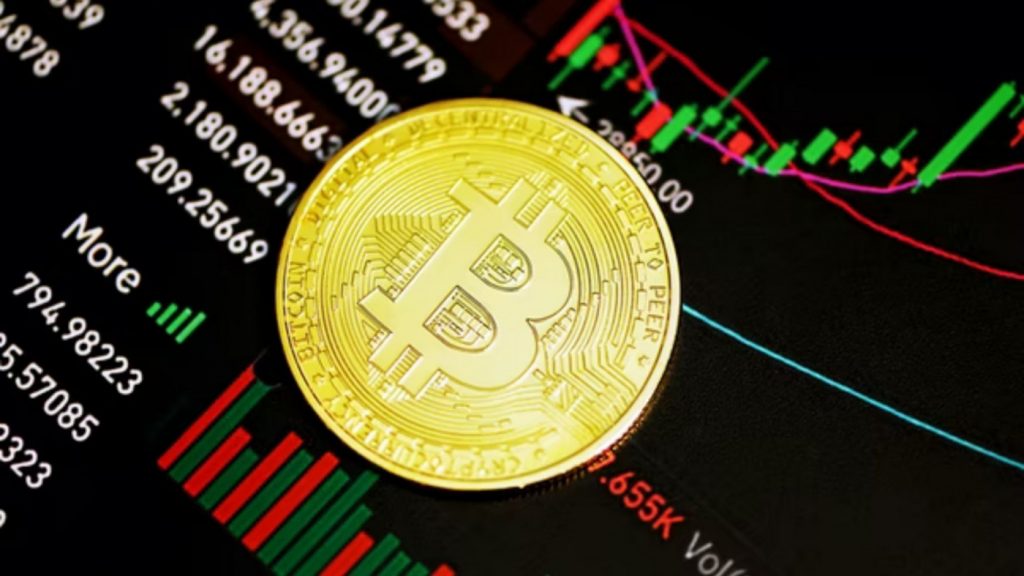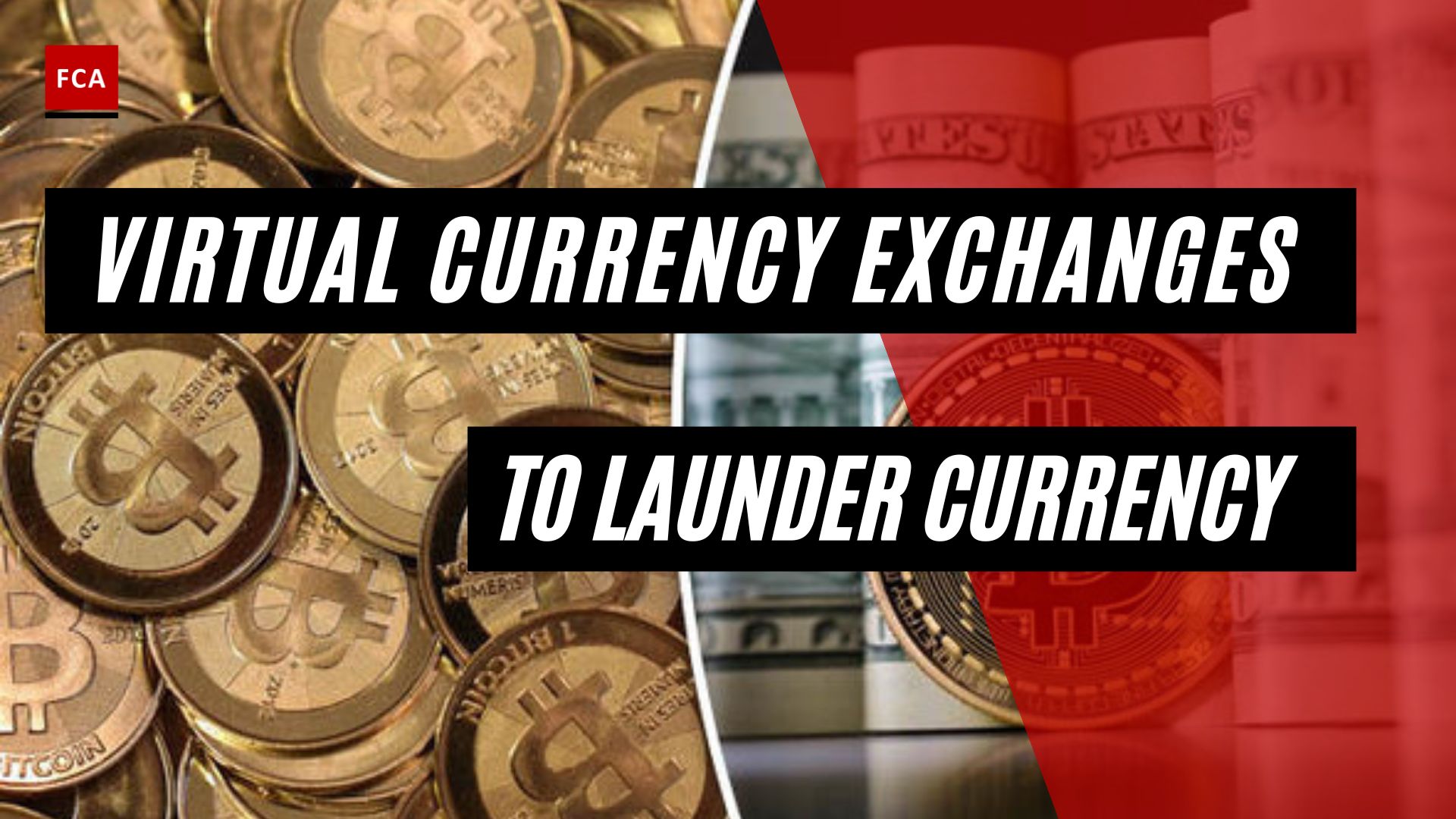The heads of bank executives can no longer be covered in sand. Bitcoin and other digital currencies are becoming more widely accepted, and many regular banking customers are now trading with cryptocurrency exchanges. To avoid steep fines and perhaps jail time for executives, the institutions must implement comprehensive anti-money laundering (AML) and counter-terrorist financing (CTF) regimes in this area.
Financial institutions have tried to react, with the use of high-risk trading platforms expected to decline in 2020. Experts claim there is still a huge compliance gap in hundreds of institutions.
Table of Contents
- Key Takeaways
- Avoiding High-Risk Exchange
- Compliance Challenges On Bitcoin Money Laundering
- Ramping Up-Regulation
- Further Challenges On Bitcoin Money Laundering
- More Media Screening On Bitcoin Money Laundering
- Summary
Key Takeaways
Crypto is a digital currency that may be used to purchase goods and services, but it is secured by an online record and powerful cryptography.
Cryptocurrency is a type of online payment that may be used to buy and sell products and services.
The majority of bitcoin money laundering is focused on a few online services, allowing law enforcement to intervene.
Blockchain investigative business shows that money laundering with bitcoin is done by delinquents who hold their money in cryptocurrencies and launder it through a small group of internet firms.
Avoiding High-Risk Exchange
According to CipherTrace, the percentage of bitcoin moved to high-risk exchanges renowned for bitcoin money laundering has dropped from over 4% in 2016 to slightly under 1% in 2020. In 2020, the income generated from high-risk exchanges will decrease by 59 percent.
This is an encouraging response to prior sharp increases in the usage of high-risk exchanges. However, the conflict is far from over.
CipherTrace claimed its detectives are seeing more centralized, mainstream trades accepting illegal payments, frequently via ‘mixers,’ or organizations that break down crypto payments into smaller bits to hide the identities of the owners. In the year 2020, US exchanges received $8.4 million in bitcoin directly from criminal locations and delivered $41.2 ,000,000 to criminal locations. According to CipherTrace, these payments should have been traced and prevented by AML software.
Because most cybercriminals do not explicitly interact through their fraudulently related identities, these figures are likely to be a minor fraction of real illegal rates.

Compliance Challenges On Bitcoin Money Laundering
Because digital resources enable immediate, pseudonymized transportation of wealth across the globe, money laundering in cryptocurrencies is more difficult to detect than in paper cash. Previous year 84 percent of bitcoin transactions were a bridge, with large amounts moving to exchanges with lax know-your-customer (KYC) regulations.
Since it just needs a few hundreds of dollars of bitcoin money laundering fund to fund a significant terrorist strike, CTF systems cannot make life convenient for themselves by screening out tiny deals.
With over 7,000 digital currencies in circulation, criminals and money launderers tend to find cryptocurrencies intriguing as a method to enhance business fragmentation without being detected.
Law enforcement, on the other hand, is unafraid. In 2020, rigorous inspections aided by software such as blockchain analytics enabled it to derail a slew of bitcoin money laundering and terrorist funding schemes.
The United States Department of Justice seized 2,000,000 dollars worth of bitcoin from terrorist organizations such as al-Qaeda and Isis, and French law enforcement arrested twenty-nine alleged Al-Qaeda associates who exploited cryptocurrencies.
Enforcement officers filed the initial crypto-related lawsuit against an American bank, MY Safra, in Early 2020, for refusing to thoroughly verify digital investment consumers. Enforcement officers sued BitMex officials in October for failure to keep a sufficient anti-money laundering (AML) program in violation of BSA laws. They may end up in prison and hefty penalties if they are found guilty.
Governments summoned the CEO of mixer Helix for collaborating with AlphaBay, a company renowned for criminal acts, in one of the largest cases against an anonymizing provider.
Ramping Up-Regulation
Regulatory authorities have also been busily tightening restrictions in recent years. The Financial Action Task Force (FATF) released a paper on digital assets red flag signs in June to assist issuers in implementing a risk-based methodology to user thorough research. The 5th Anti-Money Laundering Directive (5AMLD) of the EU Countries imposed stringent additional KYC and openness criteria for cryptocurrency users. Despite having all of the technologies they need to adhere swiftly and expense, some Europe-based crypto firms have halted activities or relocated outside the EU, citing the burdensome complexity of these regulations. To maintain up to the swift enactment of cryptocurrencies, the US Financial Crimes Enforcement Network (FinCen) persists to modify and reinforce the BSA.
Anonymising services, as well as virtual currency administrators and exchanges, were included in FinCen’s AML and CTF regulations in 2019. The system also recommended documenting specifications for payments made via non-financial organization wallets in late 2020. By 2020, ‘unhosted’ personal wallets will account for 40% of all bitcoin payments, rather than marketplaces. The measures from FinCen are expected to go into implementation in the first part of 2021.
Further Challenges On Bitcoin Money Laundering
One more fundamental difficulty with cryptos is the enormous and rising quantity of money locked up in decentralized exchanges, making due diligence on partners considerably more difficult for organizations.
To decrease the regulatory burdens, banks have hitherto avoided interacting with cryptos. However, Stephen Ryan, the CEO, and Owner of CipherTrace stated in an online conversation on AML RightSource that this is no longer conceivable because all organizations now have clientele who trade with crypto companies.
Will you drop those clients if you find out 25% of them are transacting with crypto entities?’ We motivate institutions to collect data on their clients. He stated ‘Rather, you should research crypto techniques.’
Signature Bank’s group director, Joseph Seibert, noted that banks can cooperate in the crypto market provided they invest adequately in people and technology resources. He also suggested that banks work together to better understand the patterns of crypto transactions.
More Media Screening On Bitcoin Money Laundering
Elliot Berman, creative director of AML RightSource, told Arachnys that he agreed with US Treasury Secretary Janet Yellen that cryptocurrency misuse is a rising problem.

‘The rules are more difficult to follow because it’s a new market, and not everyone completely comprehends the complexities,’ he explained. ‘It’s tough, even for a huge bank, unless they devote the necessary resources. Digital currency, on the other hand, will be integrated into the global market. Banks can no longer halt cryptocurrency exchanges. As a result, everyone is scrambling to discover how to pull it off.
Summary
The larger exchanges and financial services firms are aware that they must deal with authorities, but many more do not appear to be doing so. These competitors must be dealt with by traditional financial institutions.
Blockchain, unfavorable media screening, and strengthened due diligence systems, according to Berman, will undoubtedly play an important role.








